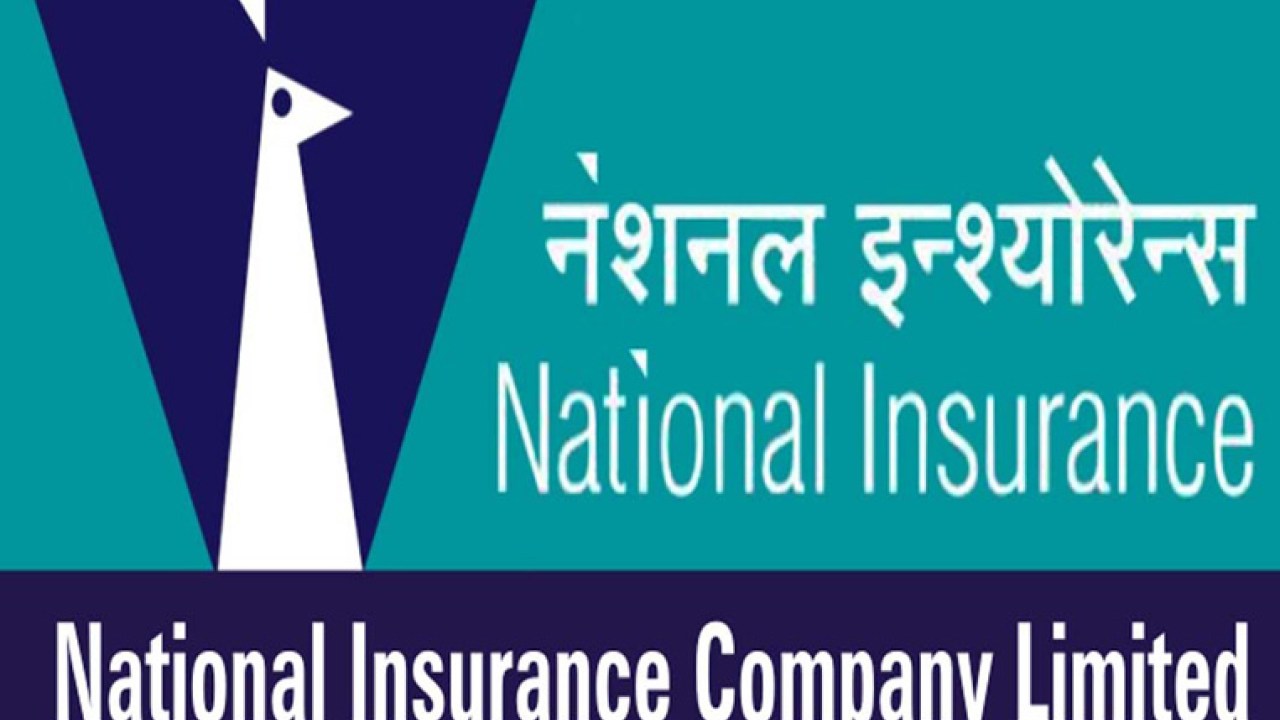


Introduction
In a recent decision, the Supreme Court of India in Rahul vs. National Insurance Company Ltd., Civil Appeal No. 8614 of 2024, reaffirmed the importance of a thorough and fair assessment of disability in motor accident claims. This judgment, arising out of an appeal from the Karnataka High Court, provides crucial insights into how disability percentages are determined and the significant impact this has on the compensation awarded to accident victims.
Background
The case originated from a motor accident that occurred on January 27, 2013, in which the appellant, Rahul, sustained severe injuries while riding as a pillion passenger. The motorcycle involved was insured by the National Insurance Company Ltd. Following the accident, Rahul filed a claim petition seeking compensation of ₹20,00,000 for the injuries he sustained. The Tribunal, after evaluating the evidence, awarded him ₹5,38,872 along with interest, considering a 25% disability based on medical records and a disability certificate issued by Dr. N.Y. Joshi.
However, the insurance company challenged this decision in the Karnataka High Court, which reduced the compensation to ₹4,74,072 by adjusting the disability percentage to 20%. Dissatisfied with this reduction, Rahul approached the Supreme Court.
Key Issues in the Appeal
The Supreme Court was called upon to decide whether the Karnataka High Court was justified in reducing the disability percentage from 25% to 20% and, consequently, lowering the compensation amount. The crux of the dispute centered around the interpretation of medical evidence and the appropriate method for determining the extent of disability.
Supreme Court's Analysis and Judgment
Justice R. Mahadevan, who delivered the judgment, scrutinized the evidence presented in the case, particularly the medical records and the disability certificate. The Court found that the High Court had erred in reducing the disability percentage without substantial justification. It noted that the Tribunal had already exercised caution by fixing the disability at 25%, despite the doctor's assessment of 50% permanent disability.
The Supreme Court emphasized that the High Court's decision to re-evaluate the disability without proper basis was unwarranted. It reiterated that courts should give due weight to medical evidence and the expertise of medical professionals who assess the extent of a victim’s disability.
Accordingly, the Supreme Court set aside the High Court’s judgment and restored the Tribunal’s decision, reaffirming the 25% disability assessment. The insurance company was directed to deposit the entire compensation, including the interest determined by the Tribunal, within four weeks, after adjusting for any amounts already paid.
Implications of the Judgment
This judgment underscores the need for consistency and fairness in the assessment of disability in motor accident cases. It also highlights the critical role of medical evidence in determining compensation and the reluctance of higher courts to alter such findings unless there is a compelling reason.
The decision is a significant win for accident victims, ensuring that they receive just compensation based on a realistic and well-substantiated assessment of their injuries. It also sends a clear message to insurance companies about the limits of their appeals and the necessity of respecting the findings of the lower courts and tribunals, particularly when these are grounded in credible medical evidence.
Conclusion
The Supreme Court's decision in Rahul vs. National Insurance Company Ltd. reaffirms the principles of fair compensation and careful judicial review in cases involving personal injuries. It provides a crucial precedent for similar cases, ensuring that accident victims are not unjustly deprived of the compensation they deserve due to arbitrary reductions in disability assessments. This judgment will likely influence how courts across the country handle similar disputes, promoting a more just and equitable approach to motor accident claims.
TAGS: Supreme Court of India Motor accident claims Disability assessment Compensation National Insurance Company Ltd. Permanent disability High Court of Karnataka Medical evidence